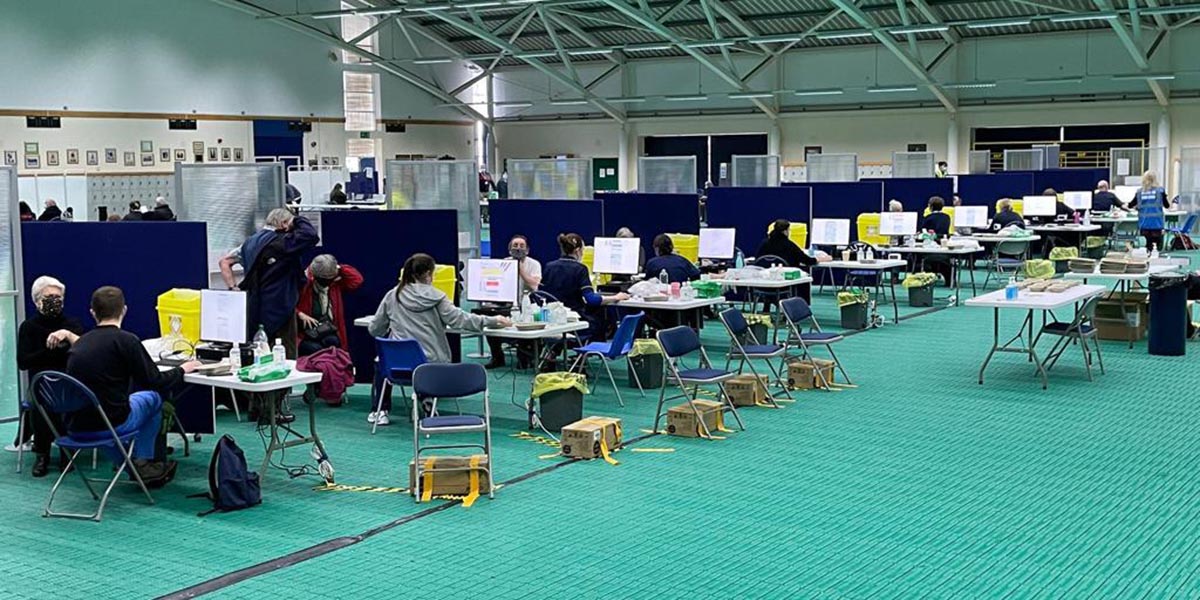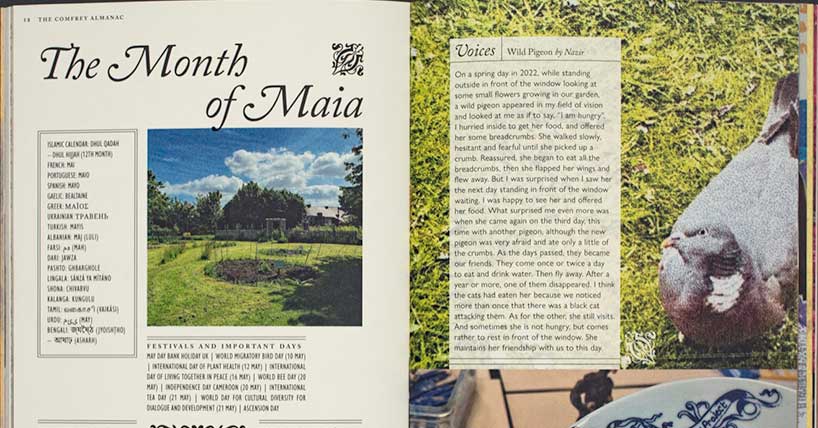Pfizer vaccine immunity
Longer interval between Covid-19 Pfizer vaccine doses boosts immunity
Published on: 23 July 2021
One of the world’s most in-depth studies into Covid-19 immune response to vaccines shows a short and long dosing interval of the Pfizer jab generated strong antibody and T cell immune responses.
A new study, which will be posted today as a pre-print on ‘Cell Press Sneak Peak’, involving Newcastle University, found T cell levels are well-maintained and antibody levels are higher following a longer interval between the first and second dose of the Pfizer vaccine, despite a significant drop in antibody levels between doses.
Importantly, worldwide studies are showing that both the short and long dosing schedules lead to strong real-world protection against Covid-19, emphasising the importance of having a second dose of the vaccine.
The Protective Immunity from T cells to Covid-19 in Health workers study (PITCH) examined how antibody and T cell levels change over time following either a ‘short’ (3–4 weeks, average of 24 days) or ‘long’ (6–14 weeks, average of 70 days) interval between the first and second dose of the Pfizer vaccine.

Study's findings
Dr Rebecca Payne, study author from Newcastle University, said: “Our study is one of the most comprehensive assessments of the immune response to Covid-19 following two doses of the Pfizer vaccine.
"We found an interesting pattern in the levels of immune cells present. Our study provides reassuring evidence that both dosing schedules generate robust immune responses against the virus after two doses.
"For the longer schedule, the antibody levels dropped off between first and second dose, which included the loss of any neutralising effect against the Delta variant. However, T cell responses were consistent, indicating they may contribute to important protection against Covid-19 during this time.
"After the second dose on the longer dosing schedule, antibody levels surpassed those seen at the same timepoint after a shorter dosing interval. Although T cell levels were comparatively lower, the profile of T cells present suggested more support of immune memory and antibody generation.
"We now need to carry out more follow up studies to understand the full clinical significance of our findings.”
A total of 503 healthcare workers were recruited to the study, of which 223 (44%) had previously had Covid-19.
Key findings of the study are:
Maximum protection
Vaccines Minister Nadhim Zahawi said: “The findings from this latest PITCH study are hugely significant not just for the UK but for the world, helping us better understand the mechanics behind our immune response to Covid-19 and the importance of getting both doses of the vaccine.
“As we raced to offer a vaccine to all adults, we took the JCVI’s advice to shorten the dosing interval from 12 to eight weeks to help protect more people against the Delta variant. This latest study provides further evidence that this interval results in a strong immune response and supports our decision.
“I urge every adult to get both doses of the vaccine to protect yourself and those around you and we are looking to offer millions of the most vulnerable a booster jab from September to ensure this protection is maintained.”
Real world data from Public Health England demonstrates the Pfizer Covid-19 vaccine is effective at reducing levels of serious disease, hospitalisation and death, even after one dose. Understanding the underlying immune response generated by different dosing schedules will help maximise future protection, tackle new Variants of Concern and prevent reinfections.
Dr Christopher Duncan, from Newcastle University and Honorary Consultant from Newcastle upon Tyne Hospitals NHS Foundation Trust, said: "We are proud in Newcastle to be playing an important role in the PITCH consortium, which continues to deliver fresh insights into the immune response to Covid-19 vaccination.
"I’m immensely grateful to all our participants for their continued support and dedication and want also to pay tribute to the research teams in Newcastle and across the consortium for their efforts in delivering this important study.”
Reference
Sustained T cell immunity, protection and boosting using extended dosing intervals of BNT162b2 mRNA vaccine. Rebecca Payne et al.



